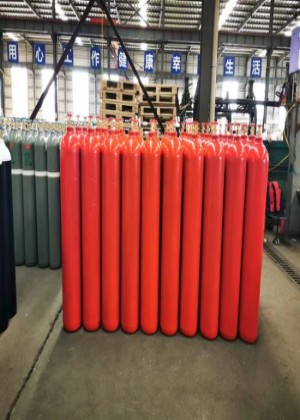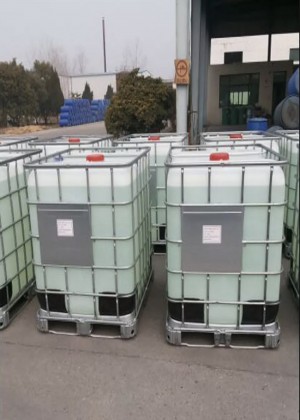
Propane Dehydrogenation
ProductOil Drop Activated Alumina SphereCrush Strength50min N/pPacked Bulk Density540-580 G/LSurface Area190-230 M2/GAppearanceWhite Sphere Pore Volume0.70min ML/G
Propane Dehydrogenation (PDH) Is A Chemical Process Used To Convert Propane (C3H8) Into Propylene (C3H6). Propylene Is An Important Building Block In The Petrochemical Industry, Used Primarily To Manufacture Polypropylene, A Widely Used Plastic.
Here's How The Propane Dehydrogenation Process Typically Works:
-
Feed Preparation: Pure Propane Or A Propane-containing Feedstock Is Prepared For The Reaction. This Feedstock Usually Consists Of Propane Mixed With Other Gases Such As Ethane And Butanes.
-
Catalytic Reaction: The Feedstock Is Passed Over A Catalyst At Elevated Temperatures (typically Around 500-600°C) In The Presence Of Steam. Commonly Used Catalysts Include Chromium Oxide/aluminum Oxide Or Gallium Oxide Supported On Alumina. The Catalyst Facilitates The Dehydrogenation Reaction, Where Propane Loses Two Hydrogen Atoms To Form Propylene And Hydrogen Gas.
C3H8→C3H6+H2text{C3H8} Rightarrow Text{C3H6} + Text{H2}C3H8→C3H6+H2
-
Separation: The Product Stream From The Reactor Contains Propylene, Unreacted Propane, Hydrogen, And Possibly Some By-products. This Mixture Is Separated In A Series Of Distillation Columns To Recover Pure Propylene. The Unreacted Propane And Hydrogen Can Be Recycled Back Into The Process.
-
Product Purification: The Purified Propylene Is Then Ready For Further Processing, Such As Polymerization To Produce Polypropylene Or Other Downstream Applications.
Importance Of Propylene
Propylene Is A Key Intermediate Chemical In The Production Of Plastics, Synthetic Fibers, Solvents, And Numerous Other Chemical Products. Its Demand Is High In Industries Such As Packaging, Automotive, Textiles, And Construction Materials. Thus, Propane Dehydrogenation Plays A Critical Role In Supplying Propylene For These Applications.
Advantages Of Propane Dehydrogenation
- Higher Purity: The PDH Process Can Produce High-purity Propylene, Which Is Essential For Quality-sensitive Applications.
- Efficiency: Compared To Other Methods Like Steam Cracking Of Heavier Hydrocarbons, PDH Can Be More Energy-efficient And Economical For Producing Propylene.
- Flexibility: It Allows For Flexibility In Feedstock Selection, As Propane Is A Widely Available And Relatively Inexpensive Raw Material.
In Summary, Propane Dehydrogenation Is A Vital Industrial Process For Converting Propane Into Propylene, A Key Chemical Used In Various Industries, Particularly In The Production Of Plastics Like Polypropylene.




